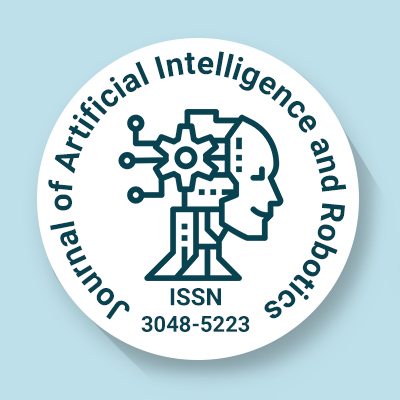
Journal of Artificial Intelligence and Robotics
OPEN ACCESS

OPEN ACCESS
.jpg)
1Department of Structural Engineering, SOA University, Odisha, India
2Department of Computer Science, NIIS Institute of Business Administration, Odisha, India
The paper delves into the substantial influence of cutting-edge technologies and sensor systems on the automotive industry, emphasizing both the significant benefits and potential long-term drawbacks. Vehicles equipped with advanced sensor systems demonstrate enhanced safety, efficiency, and convenience. These technologies offer real-time data processing capabilities, enabling better decision-making and improved driving experiences. The integration of these systems leads to reduced accident rates, optimized fuel consumption, and greater overall vehicle performance. However, the paper also addresses various challenges associated with these advancements. Ethical concerns arise, particularly regarding decision-making processes in critical situations. The reliance on sensor-driven systems necessitates a robust framework to ensure ethical standards are upheld, avoiding biases and ensuring equitable outcomes. Additionally, cybersecurity risks are a significant concern. As vehicles become increasingly connected, they are more vulnerable to cyberattacks, which could compromise safety and privacy. Ensuring the security of these systems is paramount to gaining public trust and widespread adoption. The societal impacts of these technologies are also considered.
The transition to highly automated vehicles may lead to job displacement in traditional driving roles, requiring workforce retraining and adaptation. Furthermore, the shift in driving dynamics and reliance on technology may affect driving skills and behavior, necessitating a reevaluation of driver education and training programs. The paper aims to provide a thorough overview to assist stakeholders in navigating the rapidly evolving landscape of the automotive industry. By addressing both the advantages and the potential challenges, the paper seeks to inform decision-making processes and foster a balanced approach to the integration of advanced sensor technologies in vehicles. The comprehensive analysis presented serves as a valuable resource for understanding the complexities and implications of these technological advancements in the automotive sector.
1Department of Structural Engineering, SOA University, Odisha, India
2Department of Computer Science, NIIS Institute of Business Administration, Odisha, India